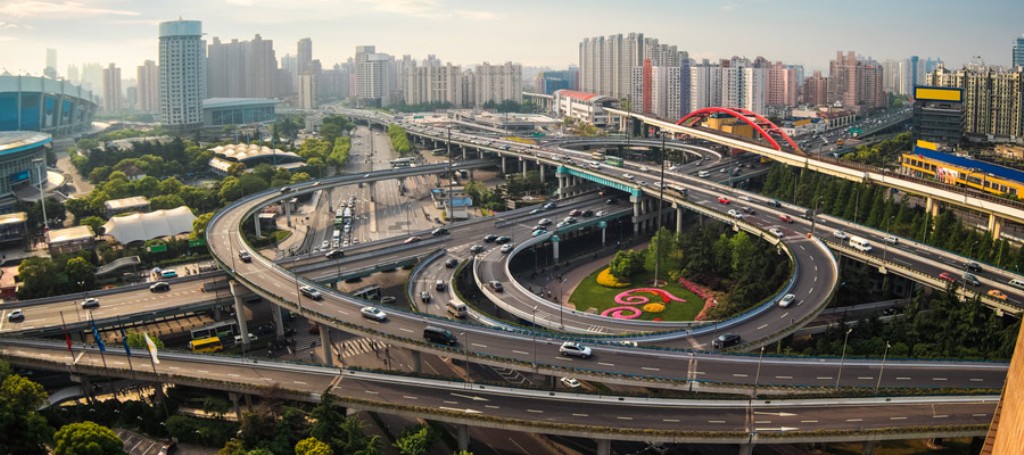China’s Smart Cities namely Beijing, Shanghai, Guangzhou, Shenzhen and Hangzhou are leading the way in adopting advanced technologies including artificial intelligence, the Internet of Things (IoT), big data and cloud computing in various areas, such as transport, public security, the environment and manufacturing.
Facial recognition technology is being implemented in some new subway stations in Chinese big cities. The system allows passengers to board the train without swiping a card or scanning their phone, opening the gate after a quick scan of their face in less than two seconds.
The development of smart cities in China has enabled the integration of advanced technologies such as artificial intelligence, the Internet of Things (IoT), big data, and cloud computing in various areas such as transport, public security, environment, and manufacturing. Over 500 Chinese cities are said to be pushing for the development of smart cities.
The IoT, which describes networks of everyday objects that are connected to the internet and can communicate with each other, is being used to improve efficiency in manufacturing, transport, healthcare, and home automation, reducing costs and improving decision-making. The application of facial recognition technology is also being used extensively in the security sector to collect real-time data for public safety.
The technology can detect a person’s identity even when their face is obstructed and analyse body shape and clothing colour to identify someone and help police predict high-risk behaviour based on movements. However, privacy concerns have been raised about the technology’s collection of personal data without individuals’ explicit consent.
China’s “Made in China 2025” plan is driving the proliferation of smart factories, highly automated and digitized manufacturing facilities, in order to transform China from a low-cost manufacturing hub to a global leader in advanced manufacturing technologies. The plan encourages the adoption of smart manufacturing technologies and supports the development of a strong domestic hi-tech industry.
Smart factories aim to achieve higher levels of automation, productivity, and flexibility while reducing costs and waste. Additionally, smart agriculture systems such as drones and robots are being utilized in China to increase farming efficiency, reduce labor costs, and improve sustainability. XAG has developed a network of digital farming infrastructure that uses remote sensing tools and agricultural IoT devices to help farmers manage production plans and increase efficiency.
The development of smart cities in China has enabled the integration of advanced technologies in various areas, making urban planning and management more efficient and effective. However, privacy concerns regarding the collection of personal data without explicit consent remain, and the implementation of these technologies should be carefully monitored.
In February, the Shanghai Artificial Intelligence Public Computing Service Platform, which provides companies and organizations cloud computing capabilities, made its debut in order to advance the city’s innovation and digitalization.
Moreover, apart from developing some of the smart cities in China, the country also signed a memorandum of understanding (MOU) with the Philippines to foster cooperation on digital projects involving AI, 5G, cloud computing, big data, the Internet of Things, and other cutting-edge technologies.

